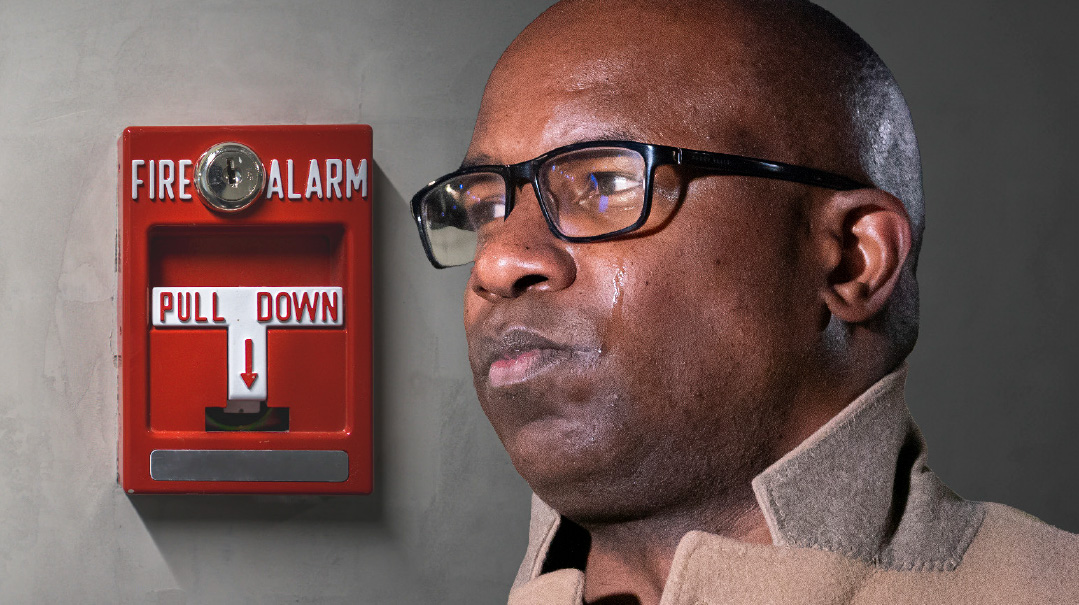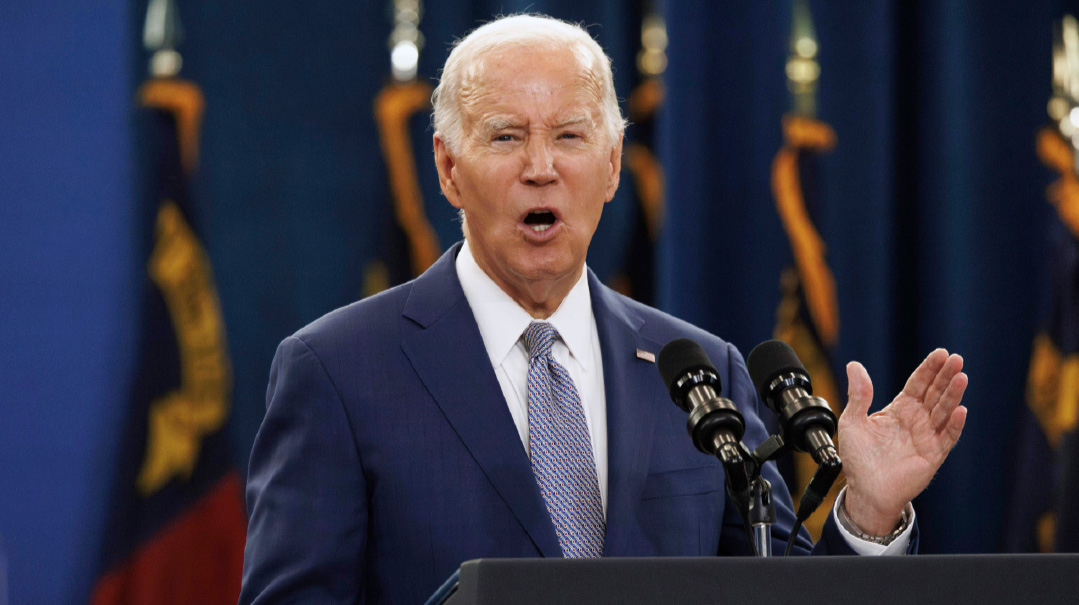Making Support for Israel Last

Political support is finite — here's how to maintain it

Photo: AP Images
M
any in our community have been surprised and thrilled by the number of bipartisan local, state, and federal elected officials who have publicly condemned Hamas. And even more have been floored by the defense of Israel offered by legislators who sat on the fence or stayed silent in previous conflicts.
Unfortunately, this will not last. In the coming days, elected officials will flip-flop with conflicting statements. In the coming weeks, candidates for office will abandon support for Israel when it becomes “politically inconvenient.” In the coming months, legislators will choose not to make a difference through the power of their office.
I know this because I have had my run-ins with such officials time and again, and I have learned the hard way that strong statements of support are like echoes that gradually fade over time.
My earliest encounter with this was in 2010, when I met with a congressman who publicly pledged his support to move the US embassy to Jerusalem. I was stunned, and his frum constituents were even more surprised. He had backing from the most left-leaning part of the Democratic caucus, and despite that he pledged support for an issue that was risky for him. Once the excitement had worn off, I spent weeks waiting to get his name on the legislative resolution that would make his support tangible. At a certain point, I stopped waiting and moved on. The echo had faded, and I was left without the support that would have made a difference.
Two things from this experience made a powerful impact on me.
First, when a politician offers support, you must follow up again and again so that he remains committed to the issue. Second, you must continue to attach his name to the issue, whether he is still talking about it or not.
Following Up with Your Politician — Whether it’s a city council member, a congressman, or the president of the United States — put out a statement, and now it’s your job to follow up on that. You must have an action item that converts his statement from a fleeting gesture to a lasting position. This could be a simple thing such as a larger meeting with the community, another statement that you would expect him to make in the coming weeks, or an opportunity to sign onto legislation that will solidify his support from statements to action.
I always teach advocates that if they don’t have a solid follow-up plan when they meet public officials, then gestures or words will replace substance and policy. Don’t allow that to happen. Learn from the earliest Jewish advocate in American history, Moses Seixas.
Moses lived in the 18th century in Colonial America and had experienced anti-Semitism and religious discrimination firsthand. His synagogue had been deprived of “the invaluable rights of free citizens,” and he was concerned about the direction America was heading in. And he was right to be concerned.
Jews were not allowed to hold office in most states at the time of America’s birth. In fact, in New Hampshire, Jews were prohibited from holding office until 1876, a century later.
Seixas saw an opportunity to change all this, and he took it.
Rhode Island, where Seixas lived, was the last state to ratify the Constitution. Back when President George Washington was newly elected, he had actively avoided Rhode Island on his tours of the country, for this reason. But when Rhode Island joined the United States, Washington arranged a visit on his next tour. He arrived in the state with New York governor George Clinton and Thomas Jefferson with pomp and circumstance, and Rhode Island showcasing its best and brightest. Washington would meet with business, political, and faith leaders, including Seixas.
Most of us would relish the opportunity to meet the president in our home, shul, or school. We might remodel our home or buy a new suit just for the occasion. I heard recently from someone who hosted a president how they rearranged their furniture to make it just right. We would pull out all the stops. Seixas instead used the opportunity to deliver a letter he had written advocating for the rights of the Jewish community and the importance of religious freedom.
Washington responded later with one of the most important and historic documents on religious freedom, insisting that “the government of the United States give to bigotry no sanction, to persecution no assistance” — declaring religious freedom and equality for the Jewish community.”
This letter has been cited again and again by politicians and the Supreme Court. It was an absolute game-changer and helped to set the tone for the religious liberty we enjoy today.
Seixas brilliantly utilized the meeting to create a follow-up item that required Washington to respond. Imagine that instead of doing this, if Seixas had simply shaken Washington’s hand and told all his friends what nice things the first president had said about the Jewish community. The noise simply would have faded over time and we wouldn’t even remember it.
Your follow-up items might be simple at first, but you can build them into powerful support that will last and be remembered. When I worked in politics, I had literally hundreds of meetings a week. Most continue to be a memory, but with a select few, I was proud to help deliver real policy, because they followed up again and again, allowing our office to demonstrate support for their issues through simple requests that, once acted upon, created a loud record of support.
Attach Their Name to the Issue
“Do you think I have to make a statement?” is a question I have heard from politicians too often this month, as in many prior years when anti-Semitism reared its ugly head. The question is valid. A politician is hoping a statement will satisfy constituents and voters. But the smartest advocates ask for more than just statements; they want to attach a politician’s name to their issue and highlight it, for good or bad.
For example, the Sierra Club has a rating system that tabulates environmental legislation and then gives public officials a score that shows how pro or anti-environment they are. Sierra Club voters can view this scoring system, and it impacts both their impression of elected officials and how they behave at the polls.
Politicians who consistently show up without being asked must be thanked and recognized. But those who make vague statements or hide behind press releases must be pursued, so their name can be attached to the issue and their record spotlighted.
Certainly, those who stay quiet or play both sides must be called out. This is what the New York Solidarity Network is doing now with their “wall of shame”: publicly calling out those who have been silent on the issue as well as those who have equivocated with their statements. This type of public shaming is again about attaching politicians to an issue so that their constituents and voting public know where they stand.
Now the work begins
The support for our community’s concerns should not fade. They are worth the top attention of the public officials we elect. Let’s commit ourselves to continue to put in the work to create consistent and loud support that will reverberate in the coming days, weeks, and months.
(Originally featured in Mishpacha, Issue 984)
Oops! We could not locate your form.







